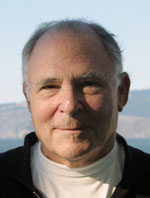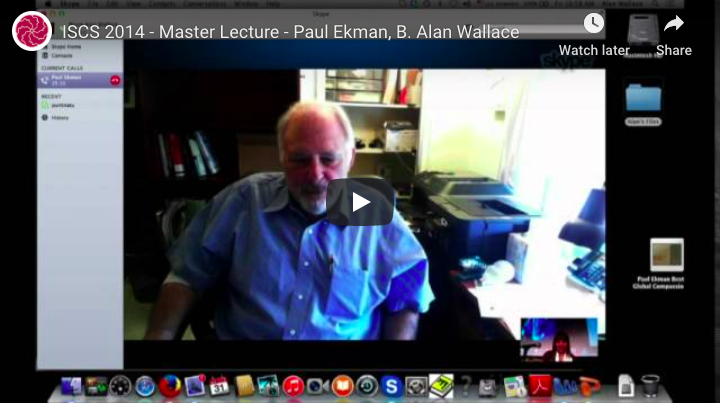What Constitutes Compelling Evidence, And For Whom? (B. Alan Wallace)
“Exceptional claims require exceptional evidence” is often presented as the heart of the scientific method and as a model for critical thinking, rational thought, and skepticism everywhere. Accordingly, materialists view any evidence that is incompatible with their beliefs as highly questionable at best, for such evidence is immediately deemed to be limited, weak, and not enough to overcome the extraordinary nature of these claims. In any interdisciplinary or cross-cultural evaluation of evidence, however, we find that claims that are ordinary for one group are extraordinary for another. For example, the widely held materialistic claim that “the mind is what the brain does,” meaning that it is either identical to the brain or else a function or emergent property of the brain, is widely promoted in scientific journals and the popular media. But careful examination of the evidence for such a belief shows that it is based on inconclusive empirical findings and circular reasoning. From a traditional Buddhist perspective, this is an exceptional claim — one that has never been put to the test of empirical confirmation or refutation — that has been soundly refuted by the evidence gleaned from contemplative inquiry into the origins of consciousness
Why Don’t We All Have Global Compassion? (Paul Ekman)
Is compassion a gift like athletic skill, only given to the few, or a potential that could be readily activated in all people, and if so how? Trying to answer this question, I outline more than 100 questions for research that could move us forward, a few of which will be presented. I also distinguish two forms of compassion in terms of the immediacy of the compassionate focus, and five more types of compassion in terms of the target of compassion, yielding 10 (2 [immediacy] X 5 [target]) types of compassion without also considering three motivations for compassion. The reason for specifying this taxonomy is to generate researchable questions that could increase the likelihood of attaining global compassion.

B. Alan Wallace, PhD
Born in California in 1950, Alan Wallace began his studies of Tibetan Buddhism and the Tibetan language at the University of Göttingen, West Germany in 1970. He continued his studies … MORE

Paul Ekman, PhD
University of California, San Francisco
Paul Ekman, PhD, was a Professor of Psychology in the Department of Psychiatry at the University of California at San Francisco for 32 years. He received his undergraduate education at … MORE


